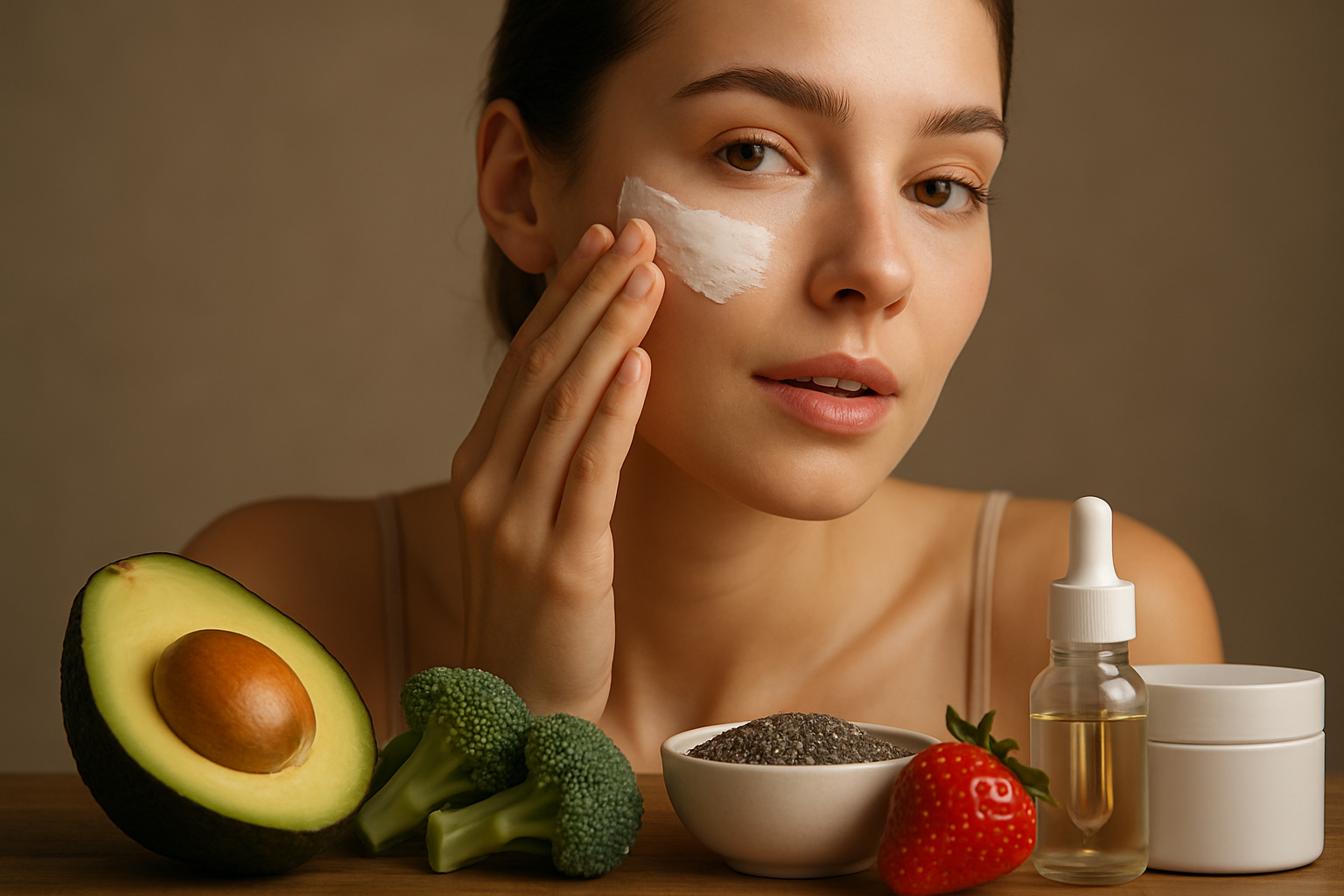7 Natural Remedies That Help Treat Psoriasis Many Aren't Aware Of
Psoriasis is a chronic autoimmune condition that affects millions of people worldwide, causing red, scaly patches on the skin. While medical treatments are available, many individuals seek natural alternatives to manage their symptoms. This article explores seven lesser-known natural remedies that may help alleviate psoriasis symptoms and improve overall skin health.

What are the most effective natural oils for psoriasis relief?
Essential oils have gained popularity in recent years for their potential therapeutic properties. For psoriasis sufferers, certain oils may provide relief from itching and inflammation. Tea tree oil, known for its antimicrobial properties, can help reduce skin irritation and scaling. Lavender oil offers a soothing effect and may promote skin healing. Coconut oil, rich in fatty acids, can help moisturize and reduce inflammation when applied topically. It’s important to dilute essential oils with a carrier oil before applying to the skin and to perform a patch test to check for any adverse reactions.
How can dietary changes impact psoriasis symptoms?
Diet plays a crucial role in managing psoriasis symptoms. Anti-inflammatory foods can help reduce flare-ups and promote skin health. Incorporating omega-3 fatty acids found in fish like salmon, mackerel, and sardines may help combat inflammation. Colorful fruits and vegetables high in antioxidants, such as berries, leafy greens, and sweet potatoes, can support skin health and reduce oxidative stress. Some individuals find relief by eliminating potential trigger foods like dairy, gluten, and nightshade vegetables, though it’s essential to consult with a healthcare professional before making significant dietary changes.
What role does aloe vera play in psoriasis treatment?
Aloe vera has been used for centuries to treat various skin conditions, including psoriasis. This natural remedy contains compounds that may help reduce inflammation, itching, and scaling associated with psoriasis. Applying pure aloe vera gel directly to affected areas can provide a cooling and soothing effect. Some studies suggest that aloe vera may also help improve skin hydration and promote healing. While generally safe for topical use, it’s advisable to do a patch test first and consult with a dermatologist, especially if you’re using other treatments.
Can stress-reduction techniques help manage psoriasis?
Stress is a well-known trigger for psoriasis flare-ups, making stress management an essential aspect of treatment. Mindfulness meditation, deep breathing exercises, and yoga can help reduce stress levels and potentially improve psoriasis symptoms. Regular exercise not only helps manage stress but also promotes overall health and may reduce inflammation in the body. Adequate sleep is crucial for skin repair and immune function, so establishing a consistent sleep routine can be beneficial for psoriasis management.
How effective are herbal remedies in treating psoriasis?
In the United States, interest in herbal remedies for psoriasis has grown significantly. Turmeric, a spice with potent anti-inflammatory properties, has shown promise in reducing psoriasis symptoms when consumed orally or applied topically as a paste. Oregon grape (Mahonia aquifolium) is another herb that has demonstrated potential in improving psoriasis lesions when used in creams or ointments. Milk thistle, known for its liver-supporting properties, may help manage psoriasis by promoting detoxification. However, it’s crucial to note that herbal remedies can interact with medications and may not be suitable for everyone, so consultation with a healthcare provider is essential before starting any herbal treatment.
What are the best natural moisturizers for psoriasis-prone skin?
| Natural Moisturizer | Key Benefits | Application Method |
|---|---|---|
| Shea Butter | Deeply hydrating, anti-inflammatory | Apply directly to affected areas |
| Jojoba Oil | Mimics skin’s natural oils, non-comedogenic | Use as a carrier oil or apply directly |
| Avocado Oil | Rich in vitamins and fatty acids, promotes healing | Massage into skin or add to bathwater |
| Calendula Cream | Soothes inflammation, promotes skin repair | Apply as directed on product label |
| Oatmeal Bath | Relieves itching, gentle exfoliation | Add colloidal oatmeal to warm bathwater |
Prices, rates, or cost estimates mentioned in this article are based on the latest available information but may change over time. Independent research is advised before making financial decisions.
Natural moisturizers can provide relief for dry, flaky skin associated with psoriasis. These options are often gentler than commercial products and may help soothe irritated skin while promoting healing. It’s important to choose products that are fragrance-free and suitable for sensitive skin to avoid further irritation.
When should you visit a doctor for psoriasis treatment?
While natural remedies can be effective for managing mild psoriasis symptoms, it’s crucial to know when professional medical care is necessary. If you experience severe or widespread psoriasis, joint pain (which may indicate psoriatic arthritis), or if your symptoms significantly impact your quality of life, it’s time to consult a dermatologist. Additionally, if natural remedies and over-the-counter treatments aren’t providing adequate relief, or if you develop signs of infection such as fever or pus-filled lesions, seek medical attention promptly. A healthcare professional can provide a proper diagnosis and recommend appropriate treatments, which may include prescription medications or light therapy in combination with natural approaches.
In conclusion, these seven natural remedies offer potential relief for individuals struggling with psoriasis. From essential oils and dietary changes to stress reduction techniques and herbal treatments, there are various options to explore. However, it’s important to remember that psoriasis is a complex condition, and what works for one person may not work for another. Always consult with a healthcare provider before starting any new treatment regimen, especially when combining natural remedies with conventional therapies.
This article is for informational purposes only and should not be considered medical advice. Please consult a qualified healthcare professional for personalized guidance and treatment.




